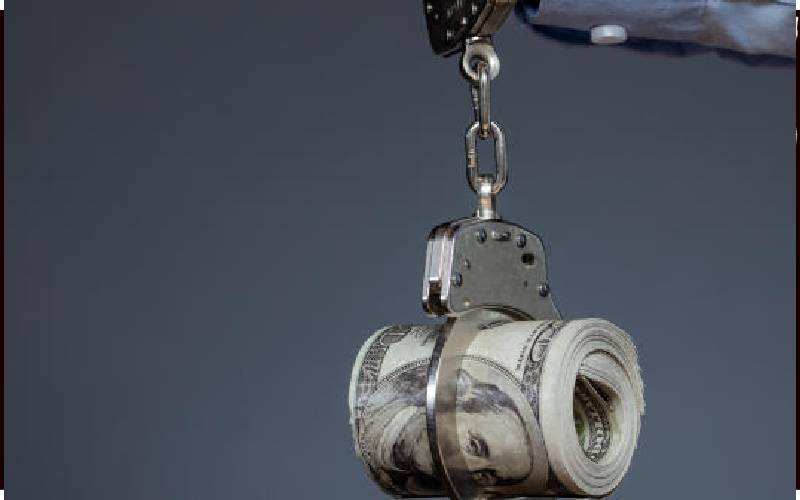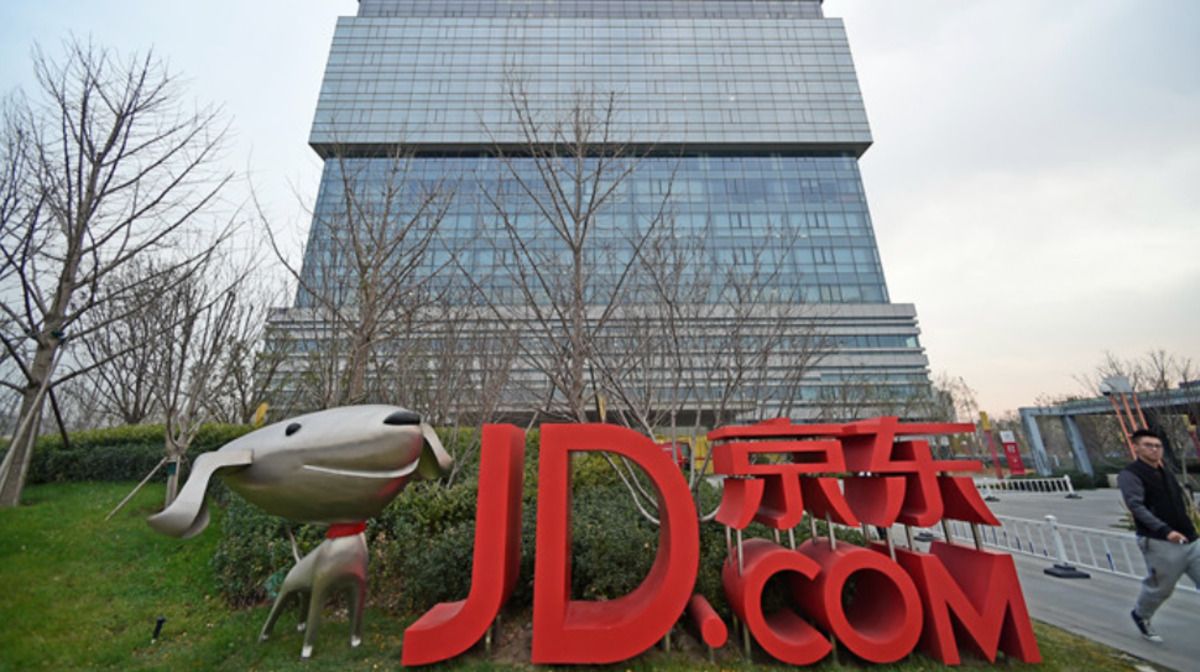Austria Implements MiCA Framework for Crypto Regulation by 2025
Coin WorldMonday, Jun 23, 2025 8:51 am ET
![]() 2min read
2min read
Austria has established itself as a forward-thinking leader in the cryptocurrency space, balancing innovation with robust regulatory frameworks. The country has adopted the Markets in Crypto-Assets (MiCA) framework, which sets standardized rules for crypto-assets, stablecoins, and their service providers. This directive, implemented in December 2024, aims to enhance investor protection and market integrity. Under MiCA, Crypto-Asset Service Providers (CASPs) must obtain authorization from the Financial Market Authority (FMA) to operate within Austria’s financial regime. The transitional period allows existing firms to align with MiCA until December 31, 2025, facilitating compliance without stifling growth.
Historically, Austria has been proactive in regulating cryptocurrencies. In 2019, it officially classified cryptocurrencies as a mode of payment. The FMA began supervising crypto businesses under Anti-Money Laundering and Counter-Terrorism Financing (AML/CFT) legislation in 2020. The full implementation of MiCA in 2024 harmonized crypto regulations across the EU, with the transition period ending in 2025, requiring all CASPs to obtain FMA authorization.
The legal status of cryptocurrencies in Austria is well-defined within the Federal Act on Combating Money Laundering and Terrorist Financing (FM-GwG). MiCA distinguishes three classes of crypto assets: asset-referenced tokens (ARTs), e-money tokens (EMTs), and other crypto-assets. Key regulatory bodies include the FMA, which oversees crypto asset service providers; the Ministry of Finance, which establishes tax regulations; and the Austrian National Bank (OeNB), which surveys systemic risks and controls cryptocurrencies regarding financial stability.
Crypto transactions in Austria are subject to stringent AML/CFT regulations. Agents must register with the FMA and adhere to Know Your Customer (KYC) rules for transactions above €1,000. The FMA has developed guidelines to ensure compliance with these regulations.
Austria’s crypto tax rules are clear and straightforward. Capital gains from crypto transactions are taxed at a flat rate of 27.5%. Income from crypto received in payment or mining rewards is subject to income tax. Losses in crypto can only offset gains under the same category of taxation at the rate of 27.5%. NFTs are taxed on a case-by-case basis due to the lack of specific laws on crypto taxes.
MiCA compliance requires existing CASPs to obtain FMA authorization by December 31, 2025. The requirements include proof of reserves and security measures, transparent whitepapers for token issuers, and compliance with investor protection rules. Austria’s approach to crypto innovation is balanced, nurturing blockchain startups with government grants and regulatory sandboxes while ensuring compliance with regulations. Vienna has emerged as a hub for crypto businesses, with banks offering services related to Bitcoin.
Despite its progressive stance, Austria faces several challenges. Regulatory uncertainty for NFTs, high costs of MiCA compliance, rising crypto scams, tax ambiguity in DeFi and staking, banking barriers for crypto firms, cross-border regulatory conflicts, and limited investor education are all issues that need to be addressed. Overcoming these hurdles is crucial for Austria to maintain its status as a balanced, safe, and crypto-friendly jurisdiction.
Looking ahead, Austria is poised for further growth in the crypto space. The FMA will apply stricter licensing in 2025, and new tax rules may come into effect for DeFi and NFTs. Institutional crypto services, such as Bitcoin ETFs, custody, mutual funds, and investment firms, are expected to expand. The crypto revenue in Austria could reach nearly US$620 million by 2025, with the user base projected to number around 6 to 7 million. Stronger investor safeguards and transparency rules will target exchanges and DeFi platforms to prevent fraud. The Austrian National Bank is also studying the potential of a digital euro, which could impact crypto regulations.
In conclusion, Austria is developing a balanced legal framework for cryptocurrency policies that encourages innovation while protecting market integrity and investor interests. As MiCA implementation progresses, Austria will shape an advanced yet secure environment for digital asset activities. Continuous revisions will reflect the rapidly changing technology, ensuring Austria remains at the forefront of crypto innovation. 












